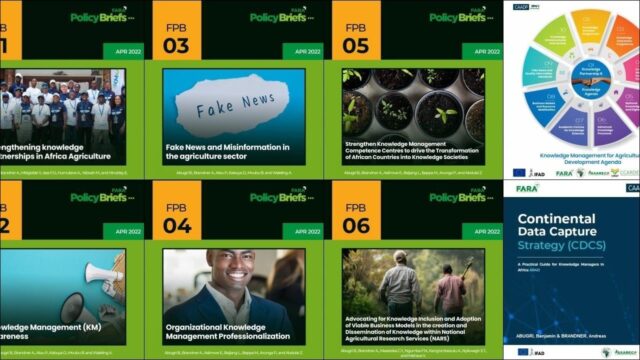
A controversial view on data sharing [2016’s top 100 journal articles]
This is part 4 of a miniseries reviewing selected papers from the top 100 most-discussed journal articles of 2016.
The editors of the New England Journal of Medicine (NEJM) expressed controversial views in regard to data sharing in a January 2016 article1. Their editorial is article #34 of the top 100 most-discussed journal articles of 2016.
They welcome the concept of data sharing, saying that “the potential for leveraging existing results for even more benefit pays appropriate increased tribute to the patients who put themselves at risk to generate the data.” However, they proceed to detail two concerns.
The first concern is that “someone not involved in the generation and collection of the data may not understand the choices made in defining the parameters.” The second concern is that:
…a new class of research person will emerge—people who had nothing to do with the design and execution of the study but use another group’s data for their own ends, possibly stealing from the research productivity planned by the data gatherers, or even use the data to try to disprove what the original investigators had posited. There is concern among some front-line researchers that the system will be taken over by what some researchers have characterized as “research parasites.”
They then go on to discuss an example of data sharing published in the same issue of NEJM that they state takes an approach opposite to their concerns:
The new investigators arrived on the scene with their own ideas and worked symbiotically, rather than parasitically, with the investigators holding the data, moving the field forward in a way that neither group could have done on its own.
The NEJM editors conclude their article with four recommendations for how they see data sharing working the best:
- Start with a novel idea, one that is not an obvious extension of the reported work.
- Identify potential collaborators whose collected data may be useful in assessing the hypothesis and propose a collaboration.
- Work together to test the new hypothesis.
- Report the new findings with relevant coauthorship to acknowledge both the group that proposed the new idea and the investigative group that accrued the data that allowed it to be tested.
Research parasites?
The NEJM editors’ description of people who use another group’s data for their own ends as being “research parasites” triggered a social media storm. This included someone creating a Research Parasite Twitter account and another person creating Sucky the Research Parasite cartoon character.
However, while acknowledging that the “research parasites” term was inflammatory and ignored the demonstrated benefits of open data, a subsequent letter to NEJM2 validated the editors’ concerns:
For all the understandable uproar over the term “research parasites”—an inflammatory term that gives short shrift to how open data changed our understanding of Tamiflu, Paxil, and other treatments—those of us who support increased data sharing should realize that Drazen and Longo were giving voice to an opinion that many researchers privately hold. After all, it is only human nature that some feel wary of a policy that seems to require them to do extra work that other people will then use for their own academic advancement.
In an attempt to defuse the backlash, one of the editors wrote a further article3 in which he downplays their original comments:
We want to clarify, given recent concern about our policy, that the Journal is committed to data sharing in the setting of clinical trials.
References:
- Longo, Dan L. & Drazen, Jeffrey M. (2016). Data Sharing. New England Journal of Medicine, 374, 276-277. ↩
- Buck, Stuart (2016). More on Data Sharing. New England Journal of Medicine, 374, 1895-1897. ↩
- Drazen, Jeffrey M. (2016). Data Sharing and the Journal. New England Journal of Medicine, 374, e24. ↩
Also published on Medium.






